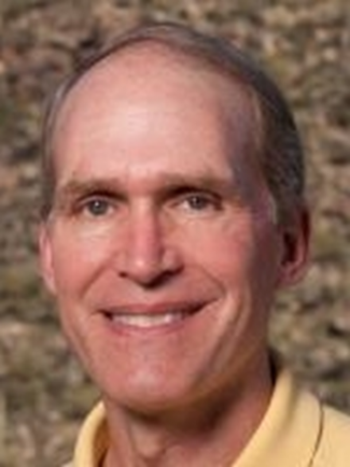
Loyola University New Orleans Welcomes Leading Environmental Researcher from Stanford University
(New Orleans – March 17, 2017) Loyola University New Orleans welcomes Dr. Robert Jackson of Stanford University next week for a comprehensive lecture on the environmental footprint of hydraulic fracturing. Jackson will educate Loyola and guests on the effects of hydraulic fracturing, or “fracking,” on the climate and water quality.
Jackson will speak from 7 to 8:30 p.m. on Tuesday, March 21, 2017, in Nunemaker Auditorium, located on the third floor of Monroe Hall at Loyola, 6363 St. Charles Ave. Prior to the lecture, a reception will be held at 6:15 p.m. in the Nunemaker lobby. Both events are free and open to the public. Free parking will be available from 5:30 to 9 p.m. in the West Road parking garage and is accessible from West Road, off St. Charles Avenue.
Dr. Jackson studies how people affect the earth and has conducted leading research on global carbon and water cycles, biosphere and atmosphere interactions, energy use, and climate change. His team published the first studies examining fracking and drinking water quality and mapped thousands of natural gas leaks across multiple cities from Boston to Washington, D.C. Dr. Jackson also examines the effects of climate change and drought on forest mortality and ecosystems.
The recipient of numerous awards and accolades, Dr. Jackson was honored at the White House with a Presidential Early Career Award in Science and Engineering. Recently Dr. Jackson directed the U.S. Department of Energy’s National Institute for Climate Change Research for the southeastern United States and co-chaired the U.S. Carbon Cycle Science Plan. He currently serves as co-chair of the Global Carbon Project. A celebrated photographer and author, Dr. Jackson published the environmental trade book, The Earth Remains Forever, and two books of children’s poems, Animal Mischief and Weekend Mischief. His photographs have appeared in the New York Times, Washington Post, USA Today, U.S. News and World Report, Nature and National Geographic.
“As the world faces the realities of climate change, it is more important than ever to gain both insight and perspective on efforts to preserve our environment and mitigate the effects of humans on our climate system,” said Dr. Paul Barnes, professor and Rev. John H. Mullahy, S.J. Endowed Chair in Environmental Biology at Loyola. “Dr. Robert Jackson stands on the front lines of this mission, making Loyola privileged to gain firsthand knowledge of his research regarding the implications of hydraulic fracturing on the environment.”
Tuesday’s lecture is co-sponsored by Loyola’s Environment Program, the Biology Department, and The Professor Walter G. Moore Endowed Fund in Ecology.
Click here for more information about this event.
